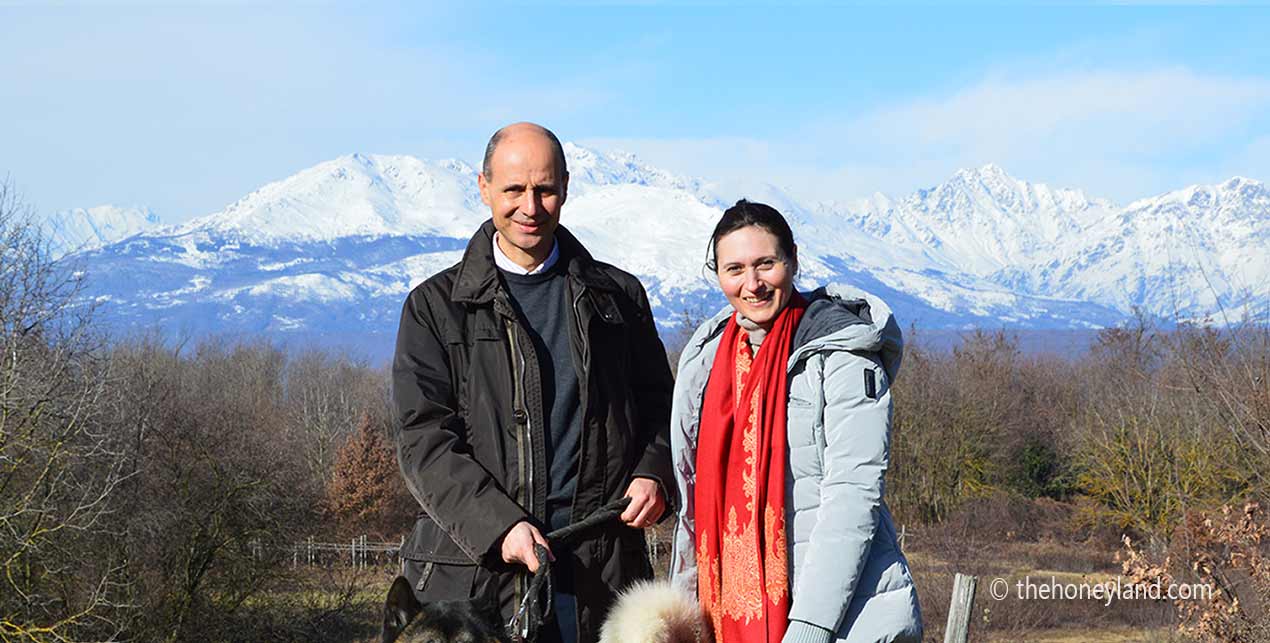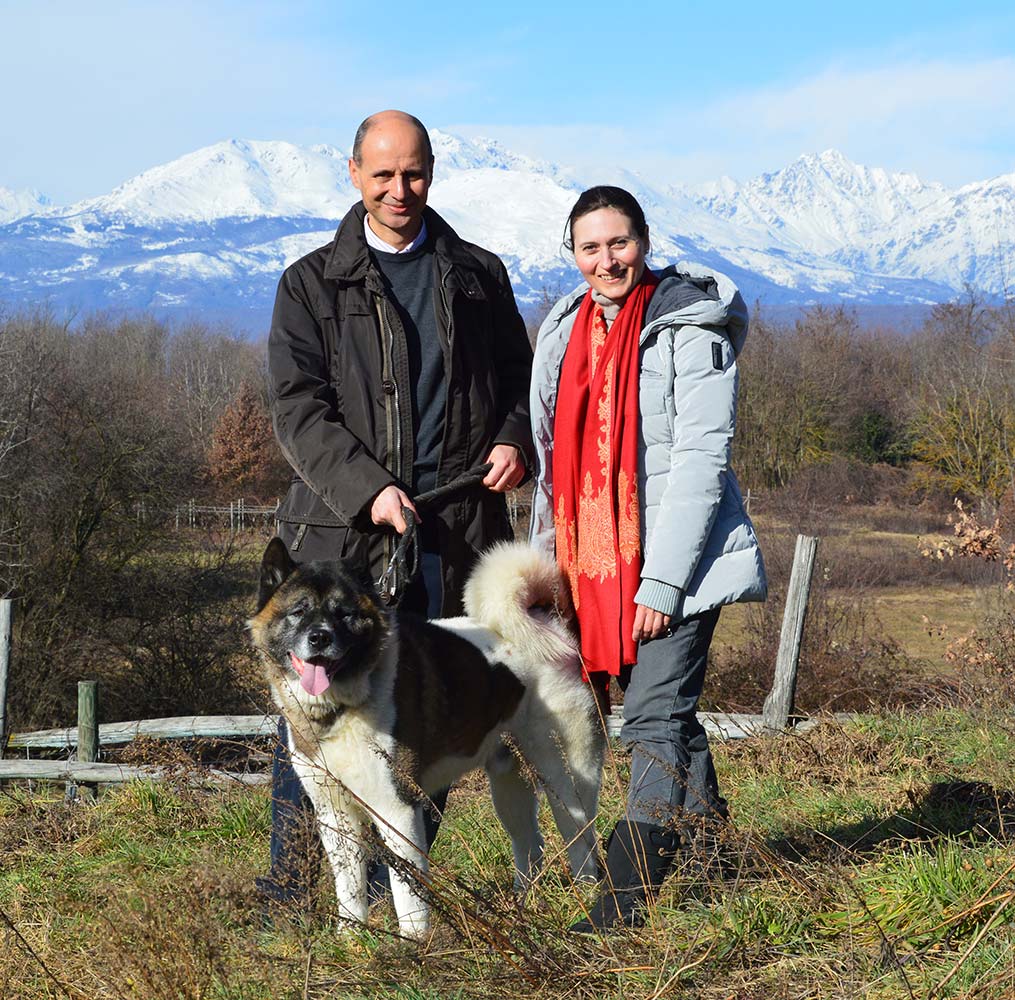The Honeyland was born from a personal story
"Living and eating in the most natural way possible" is our dream. Like us, lately many people have understood that there is an invasion of cheap food, but which is increasingly poor and poor in nutrients: it is obtained in industrial plants, sterilized and fortified with synthetic vitamins.
We asked ourselves: Is it enough to stay healthy?
The first step: free yourself from supplements
“To make up for nutritional deficiencies from food, as a young girl I regularly consumed protein, multivitamin , mineral and antioxidant supplements . For more than 12 years I had a pantry full of jars containing pills and exotic powdered superfoods. At one point I was increasingly tired and I had some health problems. That's when I became suspicious... So I decided to give up all the miracle tablets and powders."
Manuela Sdrulla
Organic bee products and nutraceutical foods
The idea for the project was born when one day we started consuming organic honey , pollen and propolis from a beekeeper friend of ours. We were surprised by the benefits of these quality artisan products compared to those we previously purchased in common organic shops and herbalist's shops.
Meeting one of the veterans of organic beekeeping in Italy we deepened our research and discovered that, in the case of hive products, many are NOT good for our health or for the bees .
Thus began our search for nutraceutical foods that were also fresh , directly from small producers and above all respectful of bees and Nature .
The birth of "The Honeyland"
In a short time since its launch in 2014, The Honeyland becomes the point of reference in Italy for excellent organic beekeeping products . Starting from scientific evidence, we have published around a hundred articles in our magazine - blog.thehoneyland.it on the benefits of some natural nutraceutical foods, but we have also debunked many false myths propagated online and on social media.
Subsequently over the years, following the requests of our customers, we also went looking for other nutraceutical foods that are increasingly difficult to find because real farmers are disappearing...


